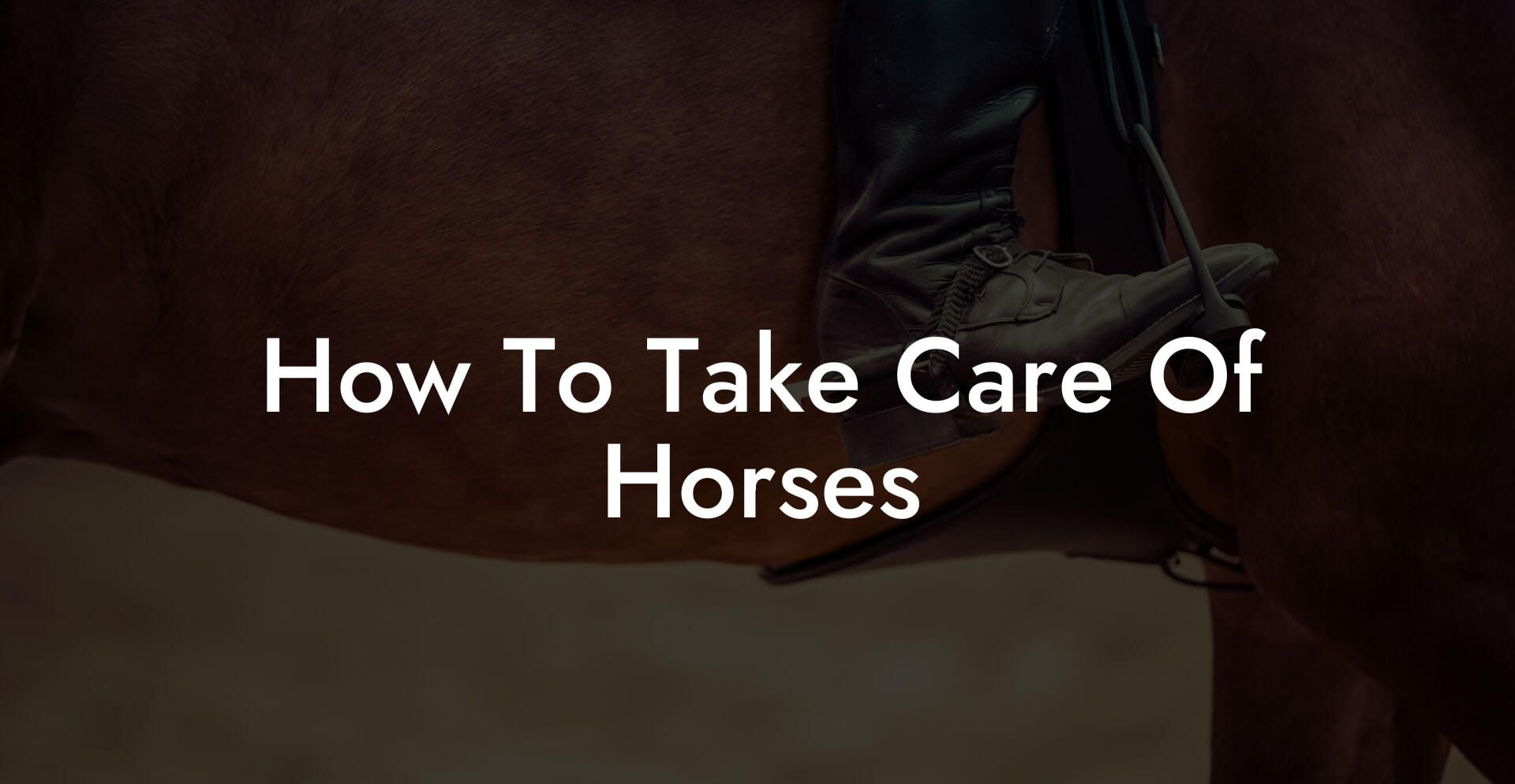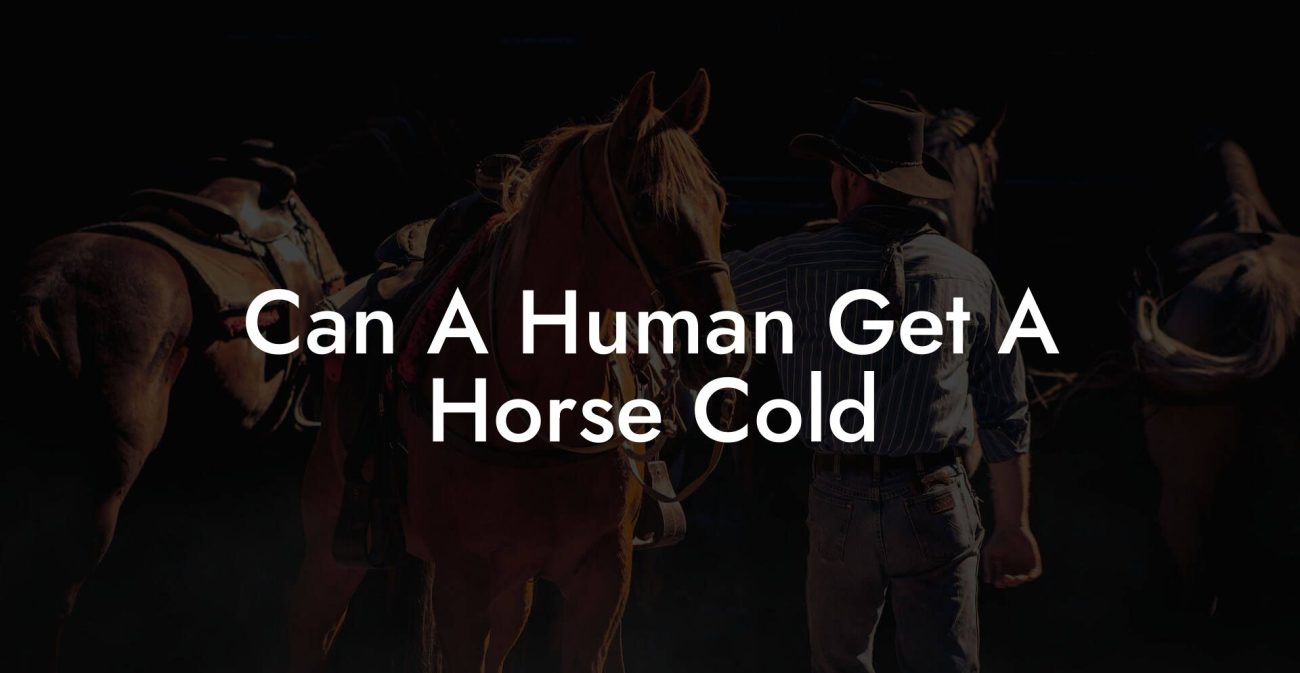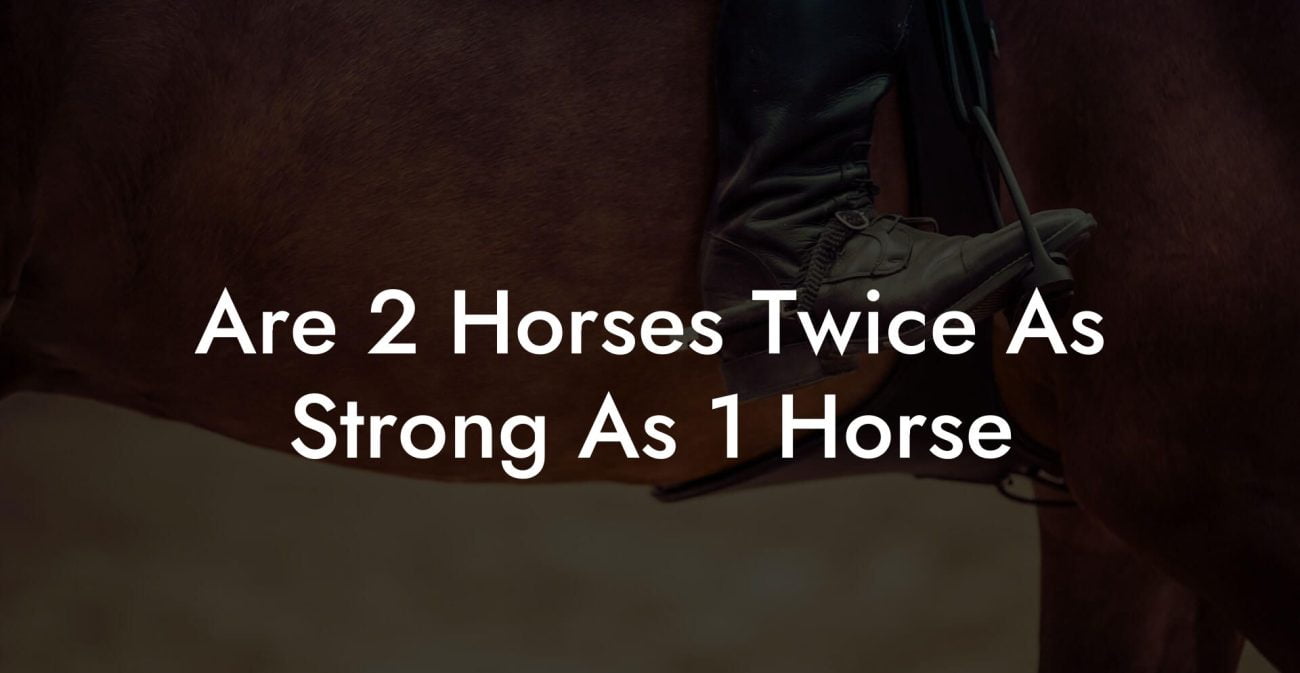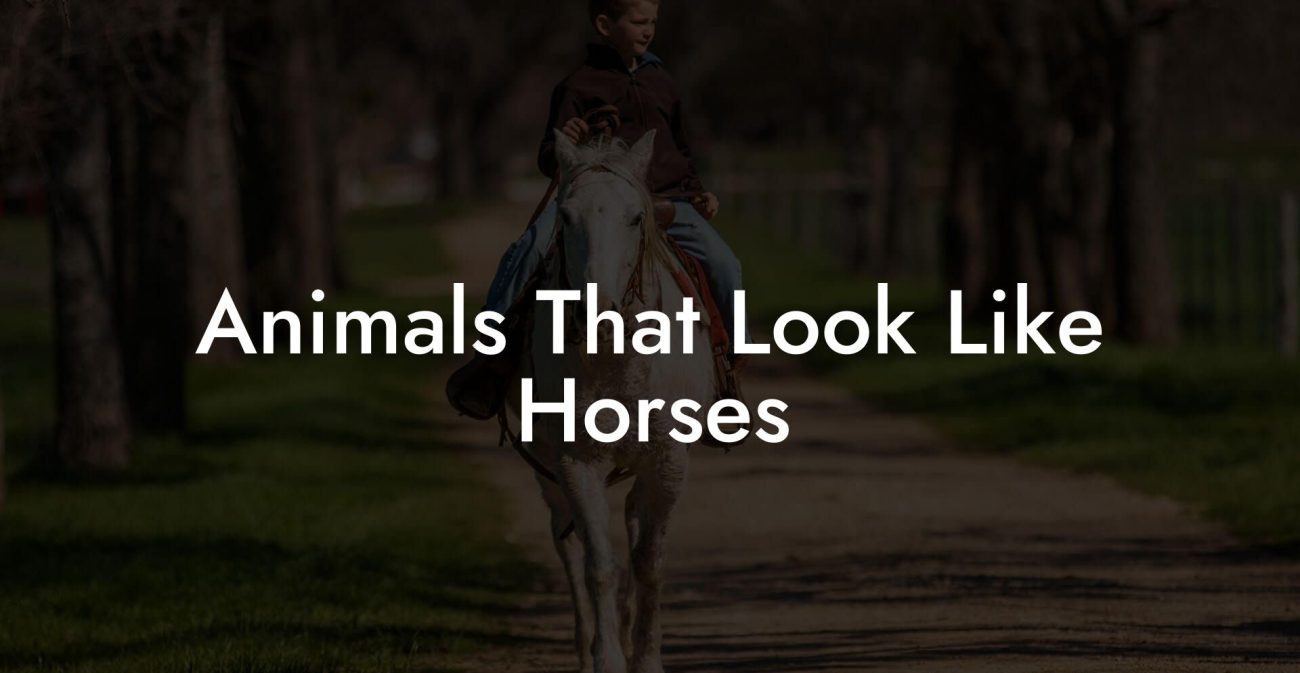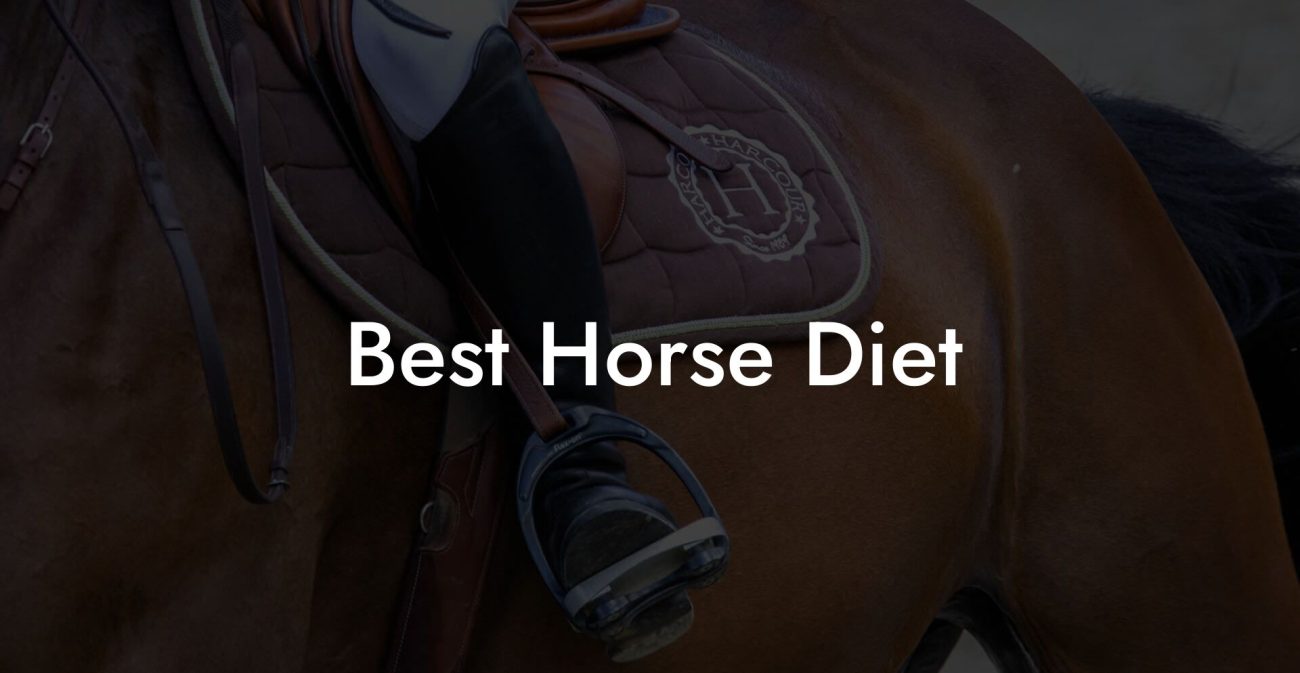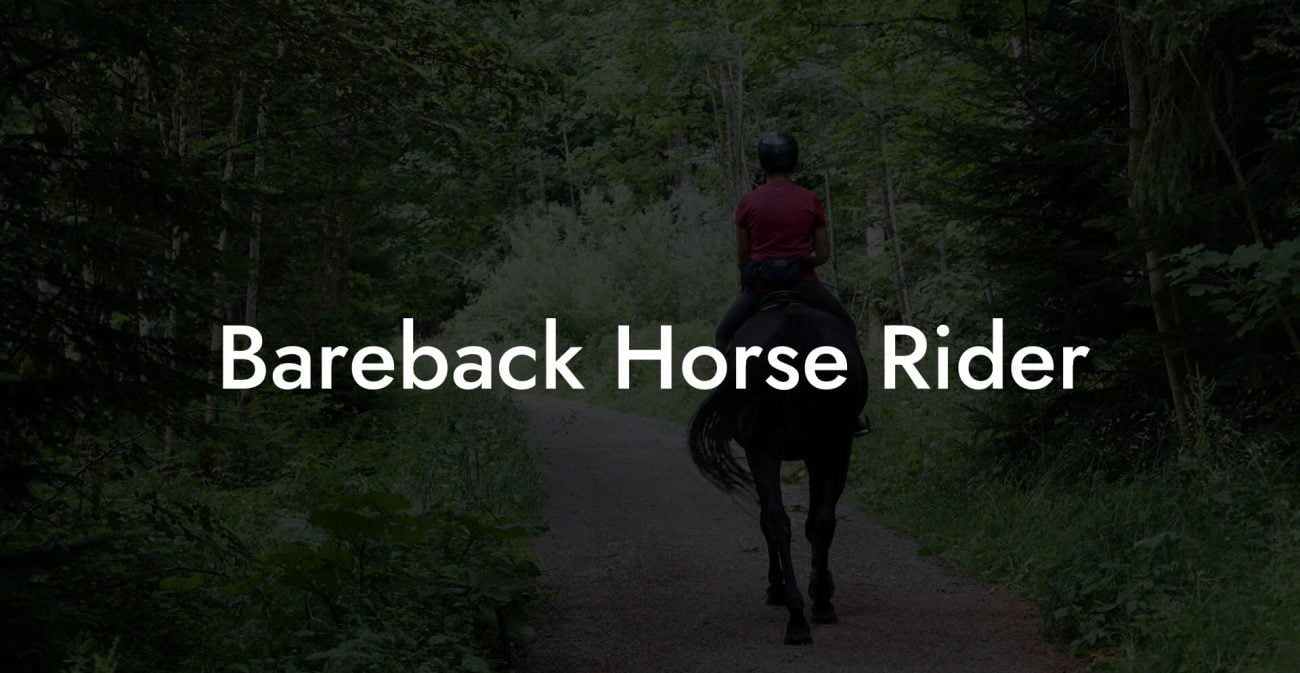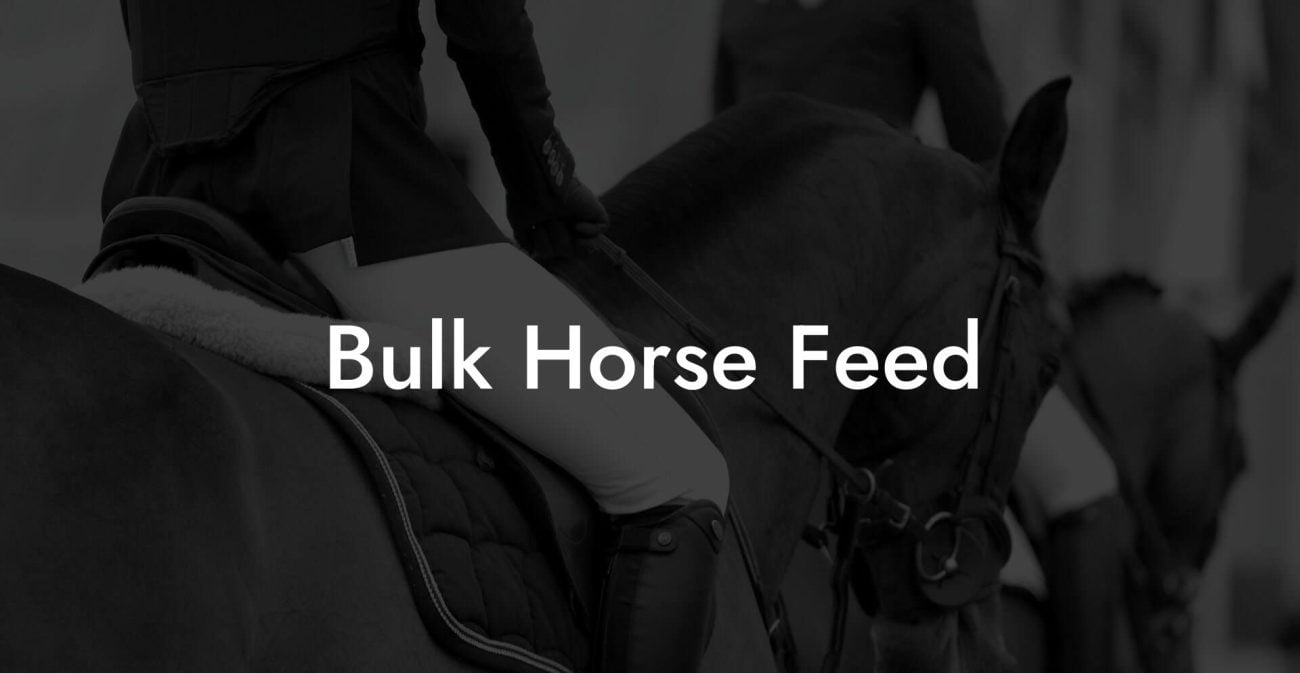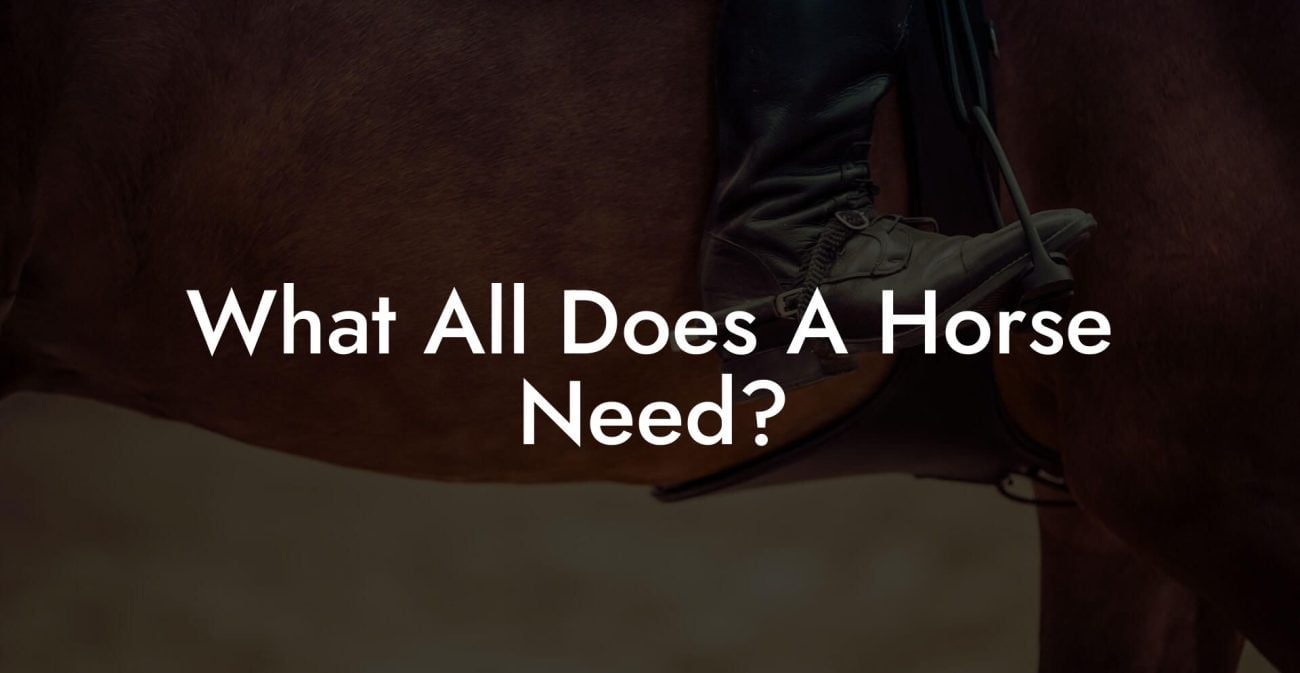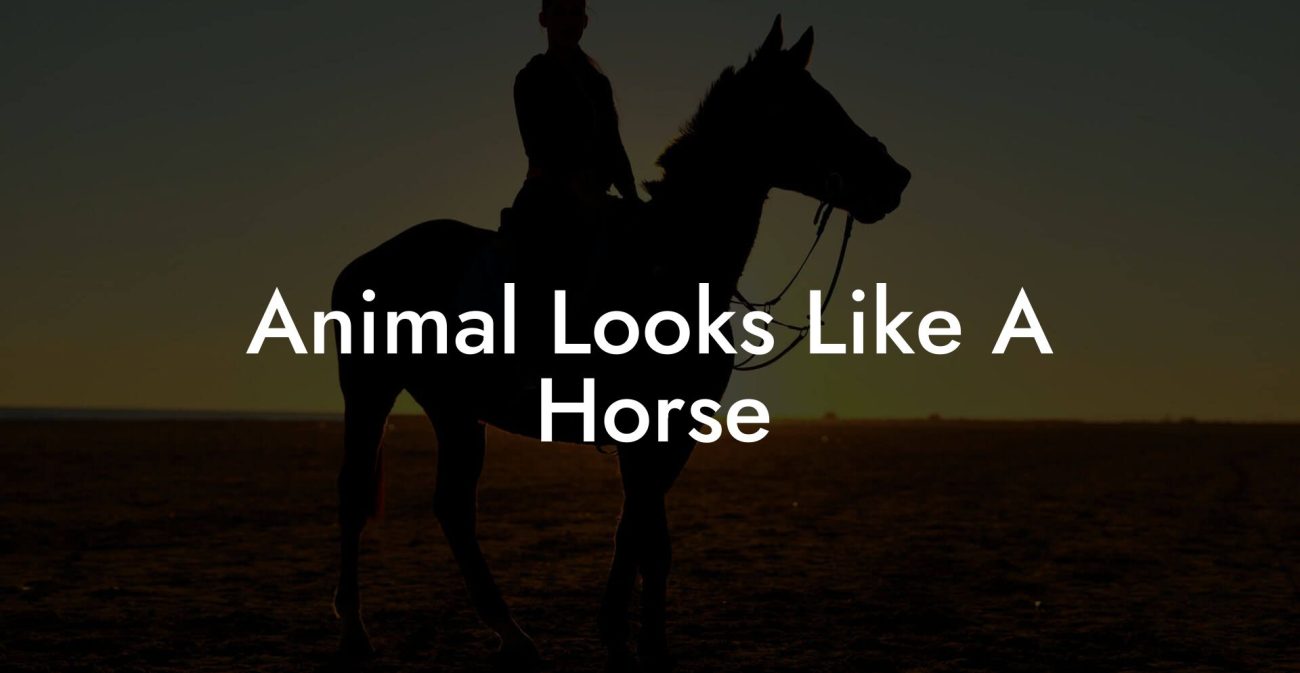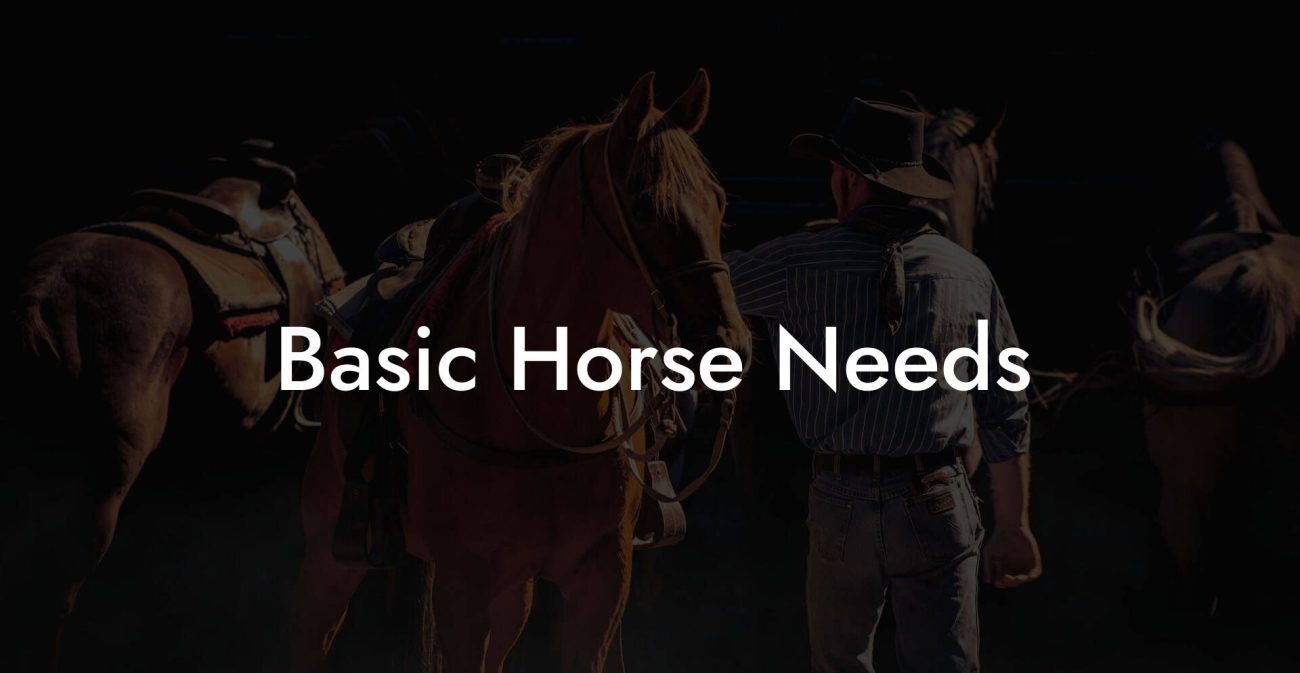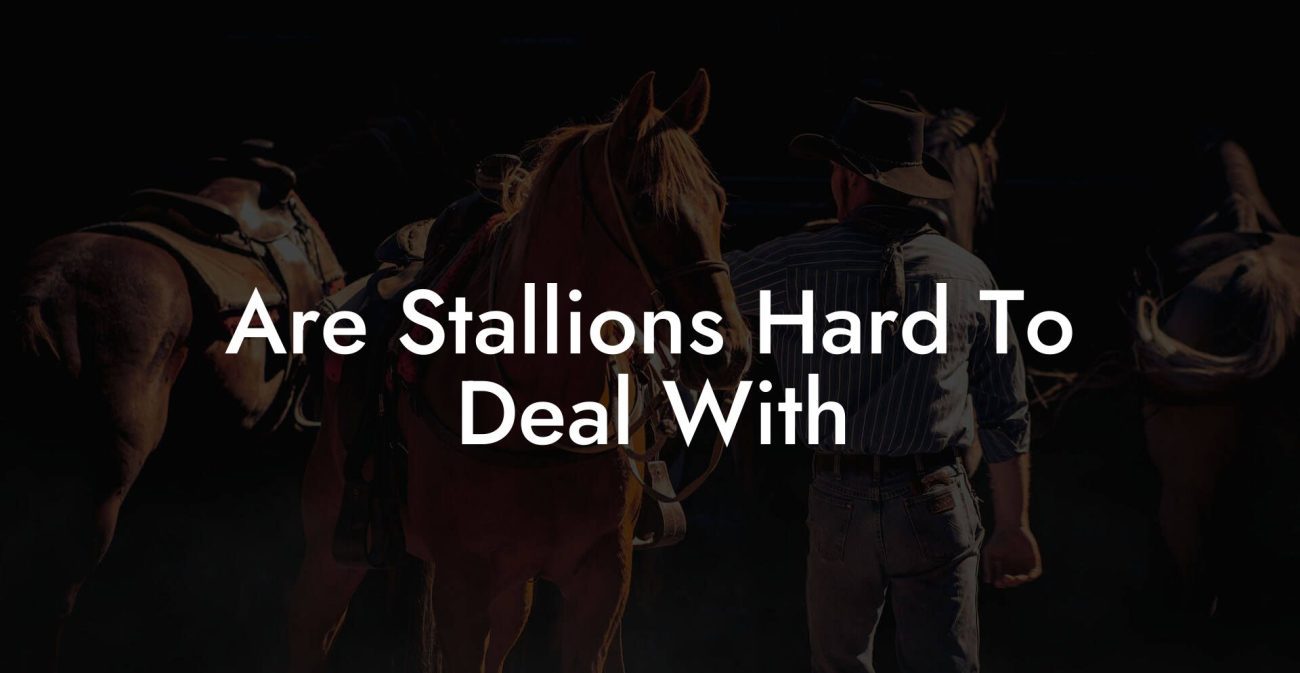Out in the crisp morning air, the sound of hooves on soft earth signals the start of a day filled with adventure and care, caring for horses isn’t just a task, it’s a soulful journey that intertwines responsibility, love, and a generous dash of humor. Whether you’re a seasoned rider or a newbie inspired by Instagram’s finest equine aesthetics, learning how to take care of horses is as much about forging a deep, respectful connection with your magnificent partner as it is about mastering practical skills. Let’s saddle up and gallop through an engaging, in-depth guide filled with expert tips, surprising insights, and a few cheeky nods at the ups and downs of horsemanship.
Quick Links to Useful Sections
- Understanding Your Equine Companion: The Heart and Science of horse care
- The Daily Routine: Building a Foundation of Effective Horse Care
- Morning Must-Dos
- Afternoon Check-ins and Exercise
- Evening Routines: Settling Down and Checking In
- Nourishing the Body: nutrition and Feeding Strategies for Optimal Horse Health
- The Essentials of Equine Nutrition
- The Art and Science of Grooming: Keeping Your Equine Companion Looking and Feeling Great
- Essential Grooming Tools and Techniques
- Stable and Barn Management: Creating a Safe, Clean, and Comfortable Haven
- Key Habits for a Healthy Stable Environment
- Exercise, Training, and Mental Wellness: Cultivating a Dynamic Equine Lifestyle
- Incorporating Varied Training Techniques
- Holistic, Natural, and Alternative Care Approaches: Beyond the Basics
- Safety, First-Aid, and Emergency Preparedness: Keeping Your Horse Out of Harm’s Way
- Resources and Community Support: Your Next Steps in Equine Excellence
- Frequently Asked Questions About Horse Care
- Your Journey to Passionate, Pro-Level Horse Care
Understanding Your Equine Companion: The Heart and Science of horse care
Horses are more than just large, four-legged creatures, they are dynamic beings with unique personalities, social hierarchies, and complex physical needs. Effective horse care starts with understanding both the anatomy and behavior of these majestic animals. From the powerful muscles that propel them forward to the subtle signals in their posture that hint at their mood, every detail matters.
A horse’s body is finely tuned for survival and performance. Their robust cardiovascular systems, finely balanced musculoskeletal structure, and sensitive sensory organs need regular attention. Routine veterinary checkups, dental care, and hoof maintenance will help your horse thrive. But beyond these necessities lies an art form: reading your horse like a beloved friend. Learning to recognize signs of discomfort, anxiety, or joy can transform your caregiving from routine to revolutionary.
The science behind equine physiology is fascinating, did you know that horses have nearly 205 bones, with some variations depending on the breed? Their large, sensitive eyes offer nearly 360-degree vision, while their ears can swivel to catch the faintest whisper of sound. Understanding these aspects isn’t just trivia; it’s essential for tailoring your care routines to ensure optimal health and happiness. Whether it’s administering a timely vaccination or simply noticing a subtle shift in behavior during grooming sessions, the more you know, the better you can serve your equine companion.
Keywords such as “horse care tips,” “equine health,” and “veterinary care for horses” are part of the lexicon of dedicated horse owners. Integrating these principles into your daily routine isn’t just for the textbooks, it’s the very essence of a life spent in partnership with one of nature’s most graceful athletes.
The Daily Routine: Building a Foundation of Effective Horse Care
Routine is the secret sauce in excellent horse care. It’s not just about snapping photos for your TikTok feed; it’s about establishing a daily rhythm that caters to every aspect of your horse’s well-being. A comprehensive daily routine covers feeding, exercise, grooming, and mental stimulation, all of which are interconnected.
Morning Must-Dos
Early mornings in the stable are a quiet, reflective time before the day’s hustle takes hold. Start with a quick visual check: are there any obvious signs of injury or discomfort? A brisk walk-around the stall, checking for signs of damage or hazards, ensures your horse will be safe throughout the day. This is also the perfect moment for a gentle grooming session, a time when you and your horse bond, share a few calm moments, and subtly assess overall health.
Feeding is typically the next step. Fresh water, quality hay, and balanced grains are staples in any horse’s diet. Be sure to follow guidelines for appropriate portions, overfeeding can lead to weight issues, while underfeeding affects energy levels. The balanced diet isn’t just about quantity; it’s about the quality of fuel provided to those strong muscles that support outstanding performances in the arena or on leisurely trail rides.
Afternoon Check-ins and Exercise
As the sun reaches its zenith, horses often benefit from moderate exercise. Whether you’re heading out for a ride, working on ground training, or simply letting your horse roam in a safely enclosed pasture, physical activity is essential. Regular exercise builds strength, improves cardiovascular health, and enhances mental stimulation. Remember, horses are naturally energetic creatures, and a well-paced exercise regimen can stave off boredom and behavioral issues.
Integrating time for both structured exercise, such as dressage or trail riding, and free grazing is a smart move. This dual approach caters to the need for both routine and freedom, ensuring that your horse remains physically agile while also mentally relaxed.
Evening Routines: Settling Down and Checking In
As dusk settles in, it’s time to wind down the day with a calming routine. A late-evening grooming session, for example, can relieve muscle tension built up during the day’s activities and reinforce your bond. At night, ensure the stable or barn is secure, clean, and comfortable. A spotless, well-ventilated stall is essential not only for cleanliness but also for preventing respiratory issues.
Consistency with your horse care routine is crucial. The familiar rhythms of daily activities help your horse feel secure and in tune with your schedule, contributing to overall health and well-being.
Nourishing the Body: nutrition and Feeding Strategies for Optimal Horse Health
What you feed your horse is the cornerstone of its overall health. Much like a well-curated playlist sets the mood for an epic road trip, a balanced diet fuels your horse’s performance and vitality. Understanding equine nutrition goes way beyond tossing hay into a stall, it’s a disciplined approach governed by both science and observation.
The nutritional needs of horses are distinct. They’re trickle feeders by nature, meaning they are designed to munch continuously throughout the day. High-quality forage (hay or pasture) should make up the bulk of their diet. Supplements such as vitamins, minerals, and occasionally concentrated feed can help meet the gaps, but it’s important to avoid over-supplementation.
The Essentials of Equine Nutrition
- Forage First: Hay or grass should be the primary ingredient in your horse’s diet. The fiber helps with digestion and maintains gut health.
- Grains and Concentrates: Use these sparingly. Small amounts ensure extra energy for active horses, but adequacy is key to avoid digestive upsets.
- Water: Clean, fresh water is non-negotiable. Horses can consume 10-12 gallons a day, particularly in warmer weather or after exercise.
- Supplements: Electrolytes, vitamins, and minerals can be added to help with growth, muscle repair, and overall vitality, but always consult your veterinarian first.
Keywords that modern equestrians look for often include “balanced horse feed,” “natural equine nutrition,” and “holistic feeding strategies.” Integrating these into your feeding regimen not only boosts their physical performance but also helps in preventative health care. If you’re unsure about the nutritional balance, consulting with an equine nutritionist can provide personalized guidance tailored to your horse’s age, activity level, and overall health.
Remember, horses have individual tastes and nutritional needs. Whether you have a picky eater or an insatiable gourmand, fine-tuning their diet is an ongoing process of observation and adjustment. Experiment with different types of hay, grains, and natural supplements until you hit the sweet (or should we say, savory?) spot.
The Art and Science of Grooming: Keeping Your Equine Companion Looking and Feeling Great
Grooming is where practical equine care meets the art of connection. It’s not just about keeping your horse’s coat shiny or untangling a particularly stubborn mane; it’s an opportunity to perform routine health checks, bond with your horse, and even catch early signs of potential issues.
A regular grooming routine should include brushing, bathing (when necessary), mane and tail care, and hoof cleaning. These activities not only promote a healthy coat but can also provide early warnings for skin irritations, wounds, or parasites.
Essential Grooming Tools and Techniques
- Currying Brushes and Body Brushes: These help remove dirt, dust, and loose hair. Use a curry comb in circular motions to stimulate blood flow, then follow up with a soft brush to smooth out the coat.
- Hoof Pick: Never underestimate the power of a good hoof pick to remove mud, stones, and debris. Clean hooves are crucial in preventing infections and lameness.
- Mane and Tail Combs: Regular combing prevents tangles and keeps the hair neat. For extra shine, you can occasionally use a water-based detangler.
- Cloths and Towels: For drying and detailing, soft, absorbent towels help avoid irritation during cleaning.
As you groom, take a moment to run your hands along their muscles and joints, this tactile connection is often the first signal when something isn’t quite right. It’s all about maintaining a routine in which both you and your horse are comfortable and engaged.
Incorporating keywords like “equine grooming tips,” “hoof care,” and “horse cleaning routines” not only optimizes your online presence but also serves as a reminder that grooming is integral to both physical health and emotional bonding.
For the modern horse enthusiast, grooming has taken on a lifestyle element, intertwined with social media trends and wellness movements. From time-lapse videos of grooming sessions shared on Instagram to YouTube tutorials on advanced mane styling, the digital world is abuzz with creative ways to celebrate equine beauty.
Stable and Barn Management: Creating a Safe, Clean, and Comfortable Haven
The adage “a clean stable is a happy stable” isn’t just a catchy phrase, it’s a foundational principle in horse care. Proper stable and barn management goes hand in hand with your daily caregiving routines, ensuring that your horse has a clean, stress-free environment at all times.
Maintaining a safe and healthy stable involves regular cleaning, proper ventilation, and diligent maintenance of all equipment. A well-organized barn not only benefits your horse’s health but also saves you time and energy during busy days.
Key Habits for a Healthy Stable Environment
- Daily Cleaning Routines: Remove manure and soiled bedding every day to minimize bacterial growth. Regularly inspect the stall for any hazards or damage.
- Proper Ventilation: Fresh air is crucial. Ensure your barn is well-ventilated to prevent respiratory ailments and keep the environment comfortable.
- Regular Disinfection: Periodically disinfect water buckets, feeders, and tack to reduce the risk of infections.
- Pest Control: Keep an eye out for pests like rodents or flies, and implement measures to curb their population before they become a problem.
- Maintenance Checks: Regularly inspect fences, gates, and all barn structures for wear and tear, ensuring safety for both horses and humans.
Emphasizing keywords like “stable management,” “barn cleaning tips,” and “equine housing” in your research and social media posts connects you with a community that values not only their horses but the spaces they live in. A clean, well-organized stable can drastically reduce the incidence of health problems and create an inviting area where both horses and humans can thrive.
Remember, a harmonious barn environment is as much about aesthetic appeal as it is about functionality. Modern stables increasingly incorporate elements of eco-friendly design, from solar-powered lighting to organic bedding options, all aimed at creating a sustainable and nurturing haven.
Exercise, Training, and Mental Wellness: Cultivating a Dynamic Equine Lifestyle
Beyond routine care, exercise and training are essential pillars in keeping your horse physically active and mentally stimulated. Today’s horse care philosophy embraces a multifaceted approach where physical conditioning is interwoven with mental wellness strategies, ensuring that every ride, turn, and trot is performed with joy and confidence.
Whether you’re preparing for competitive show jumping, enjoying leisurely trail rides, or simply working on basic manners, structured training sessions contribute immensely to your horse’s agility and responsiveness. Build a training plan that includes warm-ups, cool-downs, and specific exercises catered to your horse’s strengths and weaknesses.
Incorporating Varied Training Techniques
- Flatwork and Ground Training: These foundational exercises establish communication, build trust, and set the stage for more advanced maneuvers. Focus on exercises that enhance responsiveness and reinforce basic commands.
- Interval and Endurance Training: For performance horses, structured exercises like interval training can boost stamina and cardiovascular health. Incorporate varied paces to mimic the natural rhythms of your horse’s movement.
- Trail Rides and Exploration: A change of scenery can stimulate mental acuity. Exploring new trails in a safe environment not only exercises the body but also enriches your horse’s sensory experiences.
- Mindfulness in Movement: Just as humans find calm in yoga, horses benefit from practices that combine gentle stretches with mental focus. Techniques such as in-hand work and simple obstacle courses can promote a relaxed yet alert state of mind.
Training isn’t just about physical fitness, it's a profound opportunity to build trust and mutual respect. Farmers and equestrians often speak of that indescribable moment when the horse’s eyes light up with understanding, an affirmation that effective communication bridges the gap between species.
Modern training methods draw heavily on the principles of equine psychology. Understanding behavioral cues, body language, and the natural social structure of horses can empower you to create a training regimen that is fun, effective, and, dare we say it, a little bit revolutionary. Integrating terms like “equestrian training,” “horse exercise regimens,” and “mental wellness for horses” into your daily dialogues not only bolsters your routine but also connects you with like-minded communities across social platforms.
Holistic, Natural, and Alternative Care Approaches: Beyond the Basics
In an era where holistic health and natural therapies are making waves, many horse owners are integrating alternative care practices into their routines. From herbal supplements and acupuncture to yoga-inspired stretches for horses, this pioneering approach extends the boundaries of traditional horse care.
For instance, equine acupuncture is becoming increasingly popular as a means of alleviating chronic pain and tension. When performed by trained professionals, acupuncture can complement regular veterinary care and offer relief for conditions that are resistant to more conventional treatments. Similarly, natural supplements like flaxseed, apple cider vinegar, and herbal blends are gaining traction as ways to boost immunity and support joint health.
The shift toward holistic care is also reflected in the way modern stables are designed and managed. Integrative approaches to horse care respect nature’s rhythms, such as the importance of seasonal changes, pasture rotation, and even the influence of lunar cycles on animal behavior. Keywords like “holistic horse care,” “alternative equine therapy,” and “natural remedies for horses” are increasingly embedded in discussions on equine wellness blogs, forums, and social media groups.
If you’re intrigued by the idea of blending conventional veterinary wisdom with nature’s own remedies, consider exploring techniques such as aromatherapy and massage therapy for horses. Although these techniques might sound avant-garde, they are rooted in a long tradition of natural healing practices that honor the intricate balance between mind, body, and spirit. The evolving landscape of horse care is one where technology meets tradition, where biofeedback sensors can be paired with a good old-fashioned massage, ensuring that every muscle and joint is given the attention it deserves.
Safety, First-Aid, and Emergency Preparedness: Keeping Your Horse Out of Harm’s Way
Despite the idyllic scenes of open pastures and peaceful rides, accidents can happen. Mastering horse care also means being prepared for emergencies. Equine first-aid isn’t just a luxury, it’s a critical part of responsible horse ownership that could mean the difference between a minor mishap and a major crisis.
Build an emergency kit that includes basic supplies such as bandages, antiseptics, a digital thermometer, and pain relievers recommended by your veterinarian. Familiarize yourself with key first-aid techniques: how to stop a minor bleed, properly immobilize a limb, or even perform CPR on a horse in dire circumstances. While no one wants to think about emergencies, a well-stocked first-aid kit and a calm mind can transform panic into prompt, effective action when seconds count.
Part of emergency preparedness is also ensuring that your horse’s environment is as safe as possible. Regularly check fencing, remove potential hazards, and ensure that all staff or volunteers are properly trained in basic equine first-aid. This proactive approach not only safeguards your horse but also provides peace of mind that you’re fully prepared for the unexpected.
Sharing tips on “equine safety,” “horsemanship first-aid,” and “emergency care for horses” online has fostered strong communities of proactive horse owners who swap advice, first-hand experiences, and recommendations on training courses. By staying informed and vigilant, you’re not just managing risks, you’re championing a culture of care and preparedness.
Resources and Community Support: Your Next Steps in Equine Excellence
The journey to becoming a savvy horse caretaker is enriched by a vibrant network of resources and supportive communities. Whether you’re seeking expert advice, looking for hands-on workshops, or simply craving a connection with fellow enthusiasts, there are endless opportunities to elevate your skills and share your passion.
Start by diving into reputable equine care websites, subscribing to industry-leading newsletters, or joining online forums dedicated to horse care and training. Social media platforms teem with creative, knowledgeable communities that share everything from daily care routines to innovative training techniques. Live webinars, local meet-ups, and workshops provide the perfect chance to gain hands-on experience.
Local stables, cooperative barns, and equestrian clubs are excellent starting points for face-to-face interactions. Not only do they offer expert advice, but they also become a source of inspiration and motivation through community bonding. From networking with veteran riders to connecting with youth organizations championing modern equine care, these communities are the modern-day equivalent of a supportive extended family.
Embrace keywords like “community equine care support,” “horse care resources,” and “equestrian networking” to help guide your online searches and connect with the best this dynamic field has to offer. Armed with knowledge, a network of peers, and an open mind, your journey toward advanced, intuitive horse care is bound to be rewarding and endlessly fascinating.
Frequently Asked Questions About Horse Care
Navigating the world of horse care can be overwhelming, so we’ve compiled some of the most commonly asked questions to help guide you. Whether you’re unsure about feeding strategies, grooming routines, or emergency preparedness, these FAQs are designed to address your concerns head-on.
1. What are the most essential daily tasks in horse care?
Daily tasks include checking your horse’s physical condition, ensuring clean water and quality feed, performing basic grooming, and maintaining a safe and clean environment in the stable.
2. How often should I groom my horse?
Regular grooming is crucial for both health and bonding. A daily quick check is recommended, with a more thorough grooming session a few times a week to maintain coat health, clean hooves, and inspect for injuries.
3. What constitutes a balanced diet for a horse?
A balanced diet primarily consists of high-quality forage such as hay or pasture, supplemented with grains, vitamins, and minerals as needed. Always consult with a veterinarian or equine nutritionist to tailor a diet to your horse’s specific requirements.
4. How can I ensure my stable is safe?
A safe stable requires daily cleaning, proper ventilation, regular maintenance checks, and a routine schedule for disinfecting all equipment. Ensure all hazards are removed and that the area is secure.
5. Can alternative therapies really benefit my horse?
Yes, many horse owners have found that alternative therapies such as acupuncture, massage, and natural supplements can complement standard care practices. These therapies help manage chronic pain, boost overall well-being, and provide additional relaxation.
6. Where can I find a community for equine care support?
Many online forums, social media groups, local equestrian centers, and clubs offer opportunities to connect with others who are passionate about horse care. These platforms are great for sharing tips, experiences, and advice.
7. What should I include in my horse’s first-aid kit?
An effective first-aid kit should include bandages, antiseptics, thermometers, and any specific medications recommended by your veterinarian. It’s also wise to take a short course in equine first-aid to ensure you’re well prepared for emergencies.
Your Journey to Passionate, Pro-Level Horse Care
Whether your horse is your trusted steed for daily commutes or your adventure partner on weekend trail rides, adopting a comprehensive approach to horse care transforms every challenge into a pathway of growth. From the minute details of proper nutrition and grooming to the broader strokes of holistic health and community support, every element is a piece of the intricate puzzle that is equine care.
Modern horse care is a blend of tradition and innovation. It calls on you to be both a vigilant caretaker and a curious learner, constantly exploring new techniques, joining vibrant communities, and sharing your journey with others who understand that every horse is a living, breathing piece of art. By embracing these techniques, you’re not just caring for your horse; you’re elevating your partnership to new heights of mutual respect, trust, and downright joy.
So, take a deep breath, saddle up, and remember: every brush stroke, every measured portion of feed, every carefully planned exercise routine is a testament to the love and respect you have for your equine companion. Your journey in horse care is a dynamic, evolving adventure, one that rewards you with moments of triumph, unexpected laughter, and a bond that deepens with every passing day.
Step confidently into this vibrant community of horse lovers. Equip yourself with knowledge, connect with experts, and trust your instincts. The art of caring for a horse is as much about heart as it is about science. Enjoy every stride of the journey and celebrate every small victory along the way.

